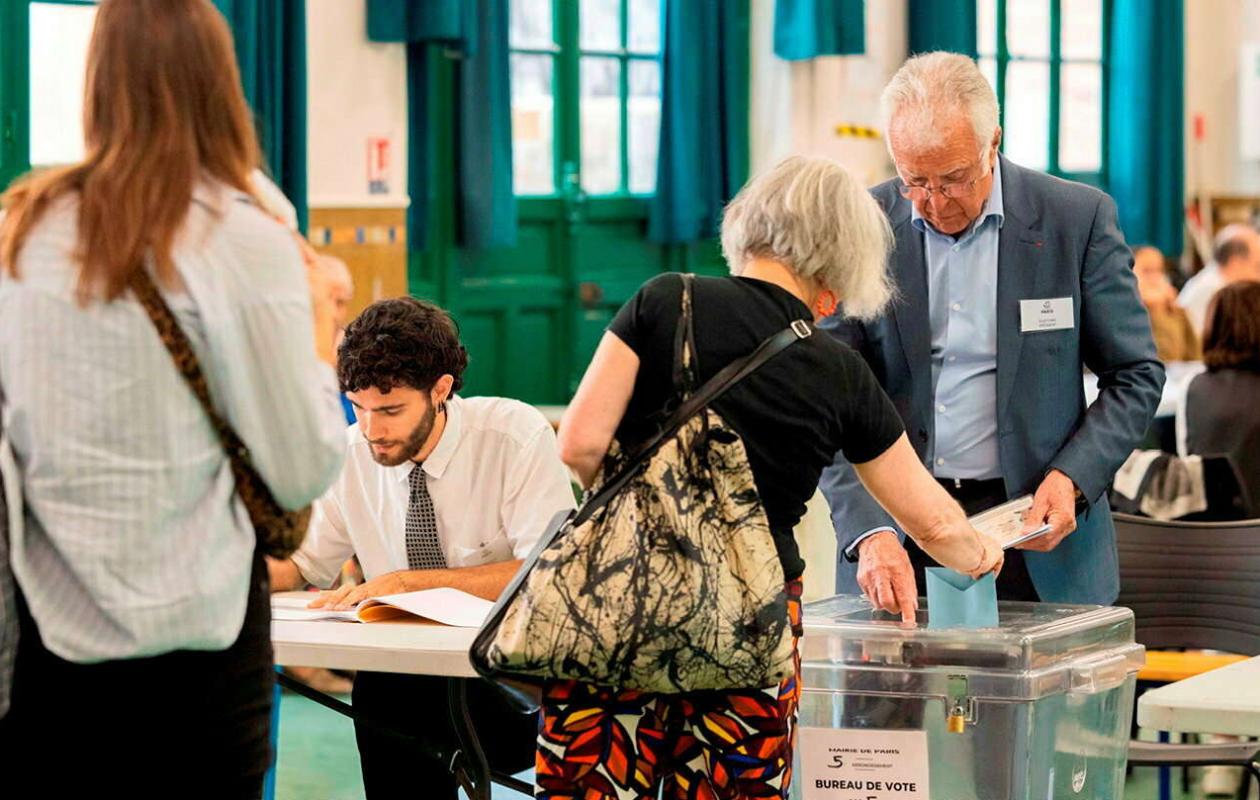
Pourquoi les personnes qui votent vivent plus longtemps
Also: warning against a Turkish clinic that claims to treat autism, diabetes, multiple sclerosis, cerebral palsy or amyotrophic lateral sclerosis.
Abstainers die younger. This is the main – and very surprising – conclusion drawn from a large Finnish study published this month in the Journal of Epidemiology and Community Health . Researchers from the University of Helsinki analyzed the health of the entire Finnish electorate aged 30 and over who participated – or did not participate – in the 1999 parliamentary elections, representing 3.1 million people followed until 2020.
THE SCIENCE AND TECH NEWSLETTER
Every Saturday at 4pm
Get all the latest news in science and technology and delve into in-depth interviews, major discoveries, innovations and behind-the-scenes stories...
By registering, you agree to the terms of service and our privacy policy .
The verdict is clear: non-voters have a significantly higher risk of death – 73% higher for men and 63% higher for women – than those who did vote. This excess mortality even surpasses that observed between people with low levels of education and those with higher education degrees, which is one of the most well-documented health disparities in research.
The association is particularly marked for deaths related to accidents, violence, and alcohol, with the risk being twice as high among those who abstain from voting. The differences are more pronounced among those under 50, while over 75, men who vote have a lower mortality rate than women who do not.
How can these results be explained? Voting fosters social connections and a sense of purpose, two factors that protect health. Conversely, health problems can reduce the motivation to vote. This vicious cycle poses a democratic problem: the most vulnerable people vote less, and their needs are therefore likely to be neglected by public policy.
This unprecedented Finnish study could well transform the simple act of voting into a fully-fledged health indicator. It's an unexpected screening tool for doctors, who might become alarmed if a patient suddenly abandons their voting habits.
Linden Clinics, based in Istanbul, claimed on its website to be able to treat autism, diabetes, multiple sclerosis, cerebral palsy, and amyotrophic lateral sclerosis (ALS) using stem cell and exosome therapy. It even asserted that it could "improve overall quality of life and slow the progression" of rare and difficult-to-treat diseases, or "significantly improve symptoms." However, these claims have no scientific basis. The French National Agency for Medicines and Health Products Safety (ANSM) has issued a public health order against the company. This treatment, which meets the definition of a medicinal product, does not have marketing authorization in France or Europe. "No robust data supports the efficacy, safety, or quality of this treatment," the ANSM stated. In November 2024, the agency had already issued a similar order against Immucura, Immunyo, and Iaso Health GmbH, which were promoting a cancer treatment using dendritic cells. An alert has been raised about the dangers for patients with serious illnesses: such treatment presents risks and diverts patients from approved therapies. Notified on October 20th, Linden Clinics has ceased its advertising in France… but continues to promote its practices on Instagram.
Commentaires (0)
Participer à la Discussion
Règles de la communauté :
💡 Astuce : Utilisez des emojis depuis votre téléphone ou le module emoji ci-dessous. Cliquez sur GIF pour ajouter un GIF animé. Collez un lien X/Twitter, TikTok ou Instagram pour l'afficher automatiquement.